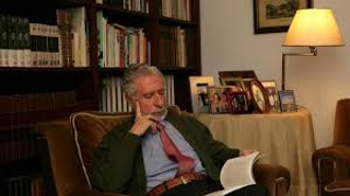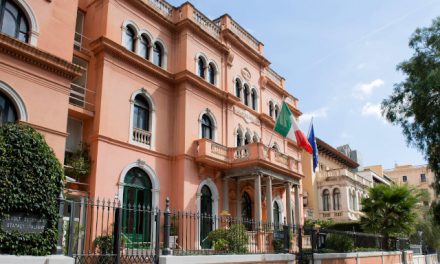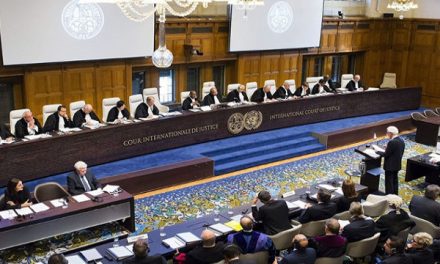Salvador de Brocà, full academician of the Royal European Academy of Doctors-Barcelona 1914 (RAED), has sent to the Academy the work “El marc històric de la Il·lustració” (The historical framework of the Enlightenment), where he indicates how the main aspects of the international politics of the 18th century decisively influence the lines of thought of the Enlightenment to the point of defining a new cultural paradigm. Doctor of Philosophy and Literature, author of a dozen reference books on philosophy and history of thought and remembered professor of the Rovira i Virgili University and of the Superior Institute of Religious Sciences of the Archbishopric of Tarragona, De Brocà is one of the leading specialists in the culture and thought of the Baroque and the Enlightenment.
“A few notes in relation to the history of this period (1688-1790) can help a better understanding of the Enlightenment movement. First, remember that if in the 17th century the central power in Europe passes from Spain to France, in the 18th century the domination of the French monarchy, although powerful, gave way to the British monarchy after the outcome of the war of succession to the Spanish Crown that was provisionally concluded with the treaty of Utrecht. In the future, the United Kingdom considers the political system of what will be called ‘Balance of Powers’ as the most appropriate tool to avoid the excessive power of a single State, due to the military and economic conflicts that had destroyed the European continent throughout the 17th century”, the academician begins his reflection.

Dr. Salvador de Brocà
The increase in the urban population, the rise of Protestantism, the economic and financial power exercised by a large and flourishing bourgeoisie and a growing interest in technology and science defined by this social and economic change mark the birth of a period led by the large monarchies that, in turn, would modify European geopolitics. “The result of all this was the rise of two great powers, Prussia and Russia, the virtual disappearance of Poland and a displacement of the gravitational centre of European policy towards the east, France, although with a position of pre-eminence in the European continent, had been losing power for the benefit of the United Kingdom, backed by a developing economy and a superior naval power, while Spain was now on the defensive”, explains the academician.



